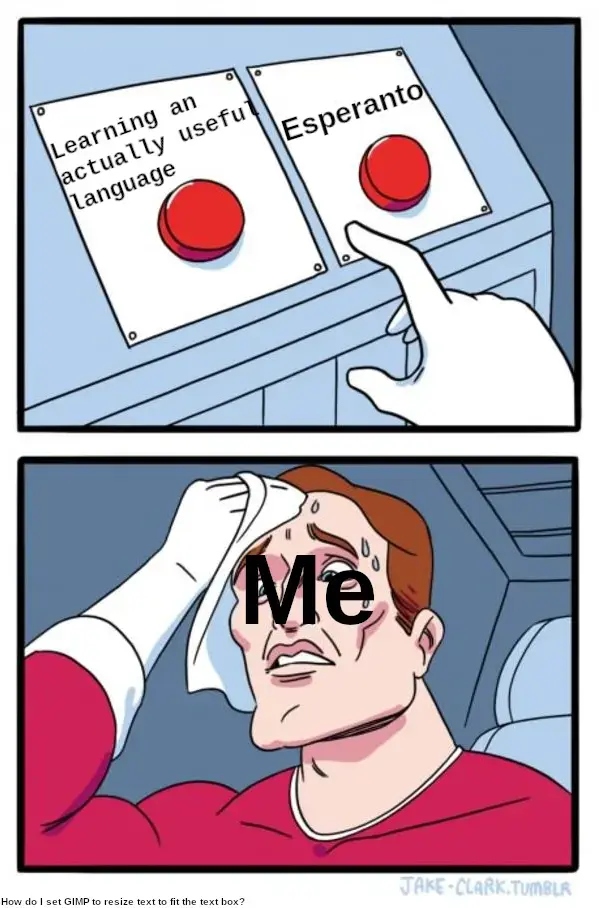this post was submitted on 05 Aug 2023
48 points (100.0% liked)
Humanities & Cultures
2959 readers
8 users here now
Human society and cultural news, studies, and other things of that nature. From linguistics to philosophy to religion to anthropology, if it's an academic discipline you can most likely put it here.
Subcommunities on Beehaw:
This community's icon was made by Aaron Schneider, under the CC-BY-NC-SA 4.0 license.
founded 3 years ago
MODERATORS
you are viewing a single comment's thread
view the rest of the comments
view the rest of the comments

Everyone already knows that Duolingo in the vacuum itself, is not a good tool to learn language. It’s a good spaced repetition tool though, especially the desktop version.
I’ve found that, I’ve learnt more with Duolingo by pairing it with my own grammar research, e.g. find the grammar book for the language I want to learn, then summarise / write down the rules lines by lines on my notebook
I’ve been doing it for a number of languages, and they have served me well. But only when I personally write them down line by line, the rules barely stick when I just read / refer to them like cheatsheets
It also helps a lot when you understand grammatical concepts like dative, accusative, ablative, instrumental cases, conjugation patterns, etc.
However this method is only good for learning to read and to listen, but not to speak, which in the end requires human interaction
This is actually really helpful. Thank you!